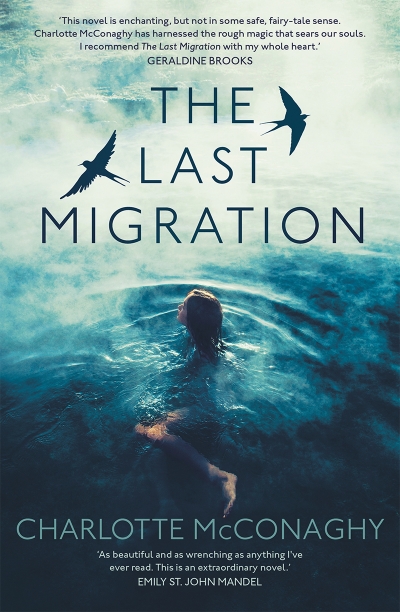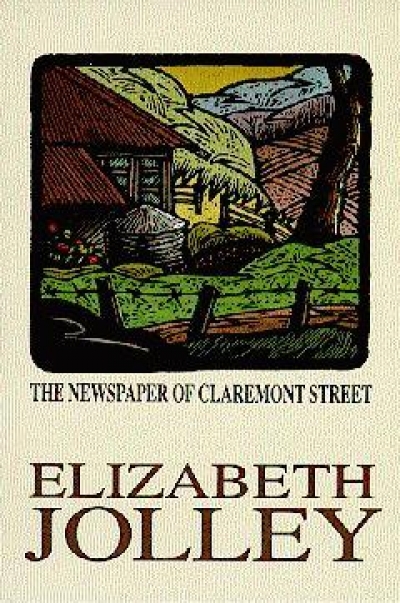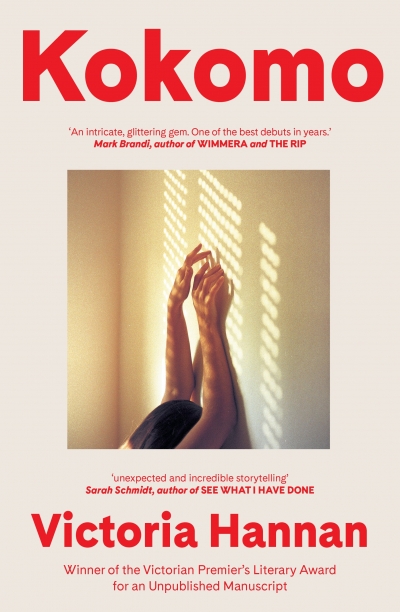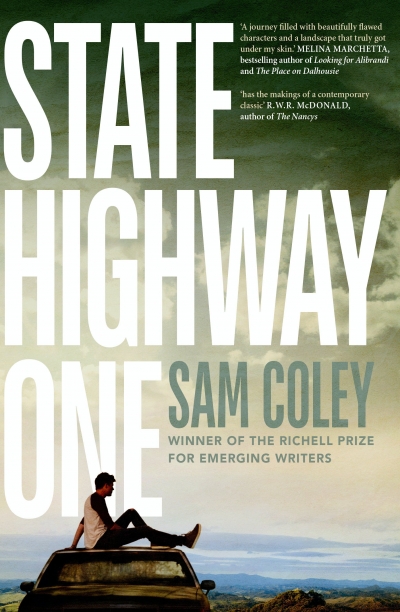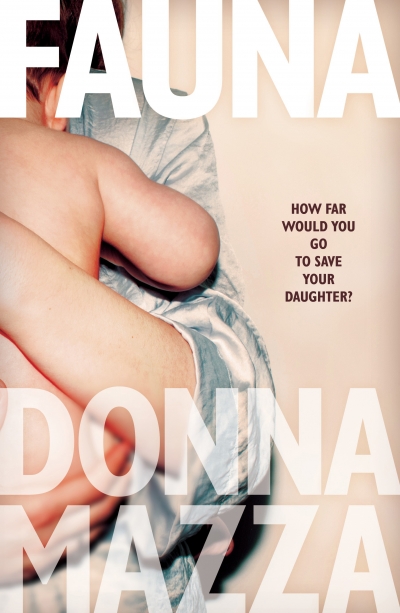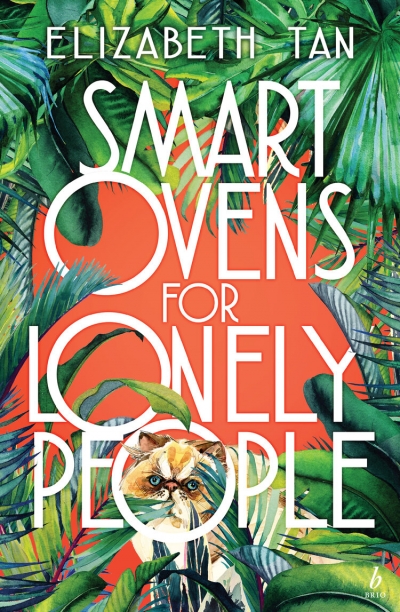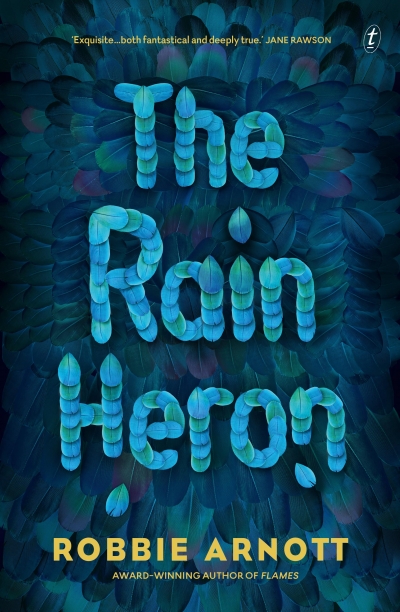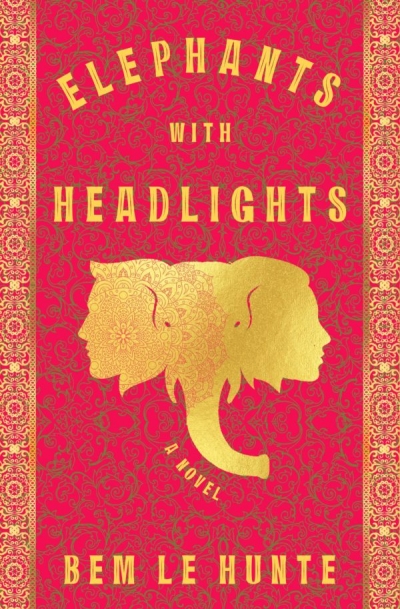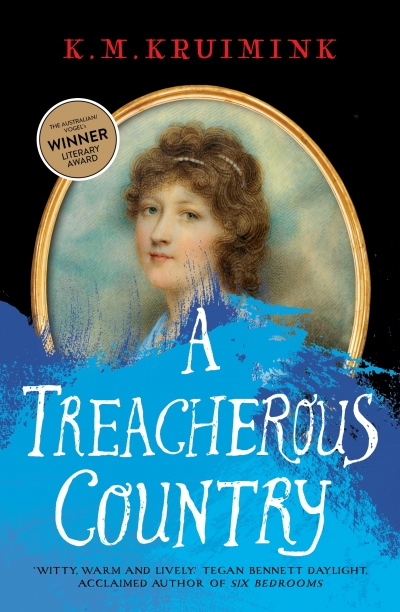Australian Fiction
Three new fantasy novels by Alison Croggon, Alison Evan, and Astrid Scholte
by Margaret Robson Kett •
This month’s survey features three bewitching novels from authors intent on transporting younger readers to other worlds. In Alison Croggon’s latest fantasy novel, The Threads of Magic (Walker Books, $19.95 pb, 380 pp), Pip and his sister El are living in a poor but snug apartment in the city of Clarel, bequeathed to them by Missus Pledge. Pip, always on the lookout for opportunities, scoops up a silver box from the sidelines during a street brawl. The opening of this box burdens Pip with an ancient and grisly relic: the shrivelled black heart of a child.
... (read more)
